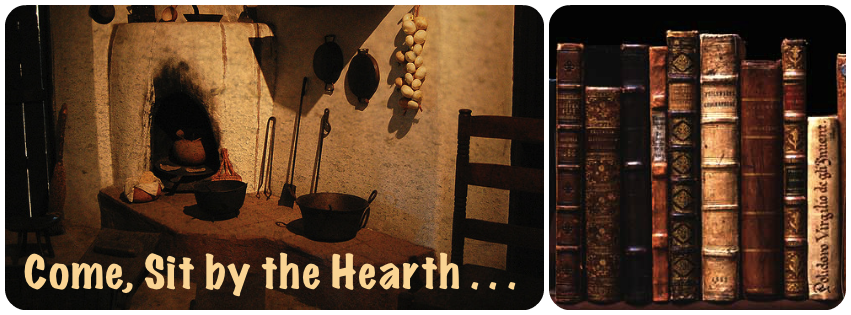Hey Poets.
I was in LA last month for music work, and I think I found something you dropped:
The public.
Why Poetry Can't Find It's Public, is a thoughtful comparison of the appeal of pop music and that of poetry. It may resonate with those of us who sometimes struggle with the appreciation and understanding of poetry.
In Poetry Land there’s a myth that art is tainted by popularity: the more eyes see it, the more corrupt it becomes. Said myth is outdated and nonsensical, but survives because it’s a nice stunt double for artistic integrity.
It’s also great for cognitive dissonance: if no one’s reading poetry, it helps to think we never wanted them to. AND it justifies our laziness in connecting with non-poets. Hooray! . . .
What can we learn from pop music? Here’s a start:
1. Pop Music Loves the Public. . . .
2. No Pop Music Is an Island. . . .
3. Pop Music Trusts Itself. . . .
4. Pop Music Waits for No (Wo)Man.5. Pop Music Works Its Ass Off. . . .
6. Pop Music Assumes It Has Something to Offer. . . .
7. Pop Music Innovates. (Beyond Music.) . . .
Tasha Golden makes interesting observations and asks some good questions. It's worth reading, and then perhaps you can add your questions to the list . . . or answer those already posited . . .
We also have to stop cowering before the silly myth that going public will destroy us. Reaching out is not artistic heresy. And there’s certainly no artistic virtue in keeping poetry academic, spineless, or relegated to a readership of one another while we climb ladders to tenure.
And finally, we have to ask—patiently—the questions we’ve long feared:
- How can my poetry get read? (Apart from journals only my peers see?)
- How might my poems be inserted into existing public conversations?
- Given the stories, messages, or truths my poetry communicates, where might it help, be relevant?
- With what artists, studies, organizations, ideas, thinktanks, publications could it partner? How?
- With what art forms?
- What poetry am I disdaining/avoiding, that might actually shed light on my craft’s potential role(s)?


No comments:
Post a Comment